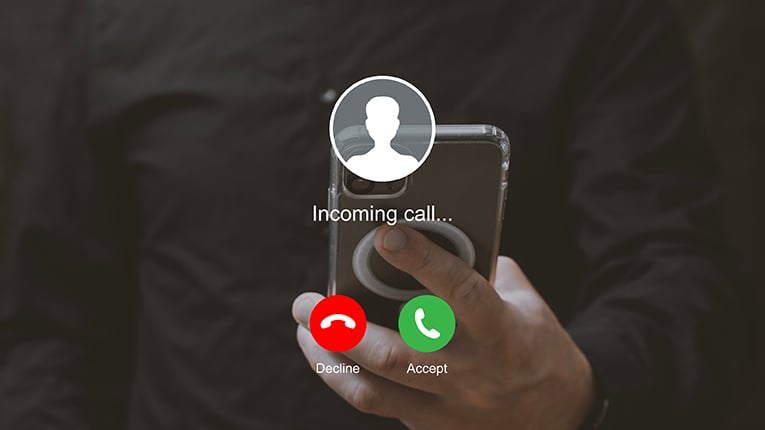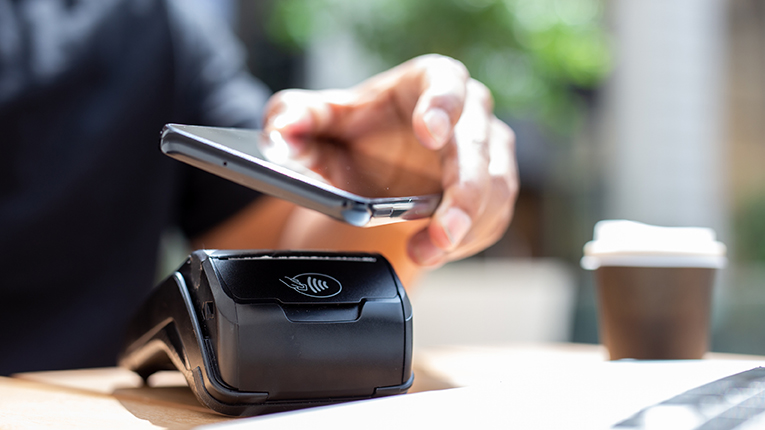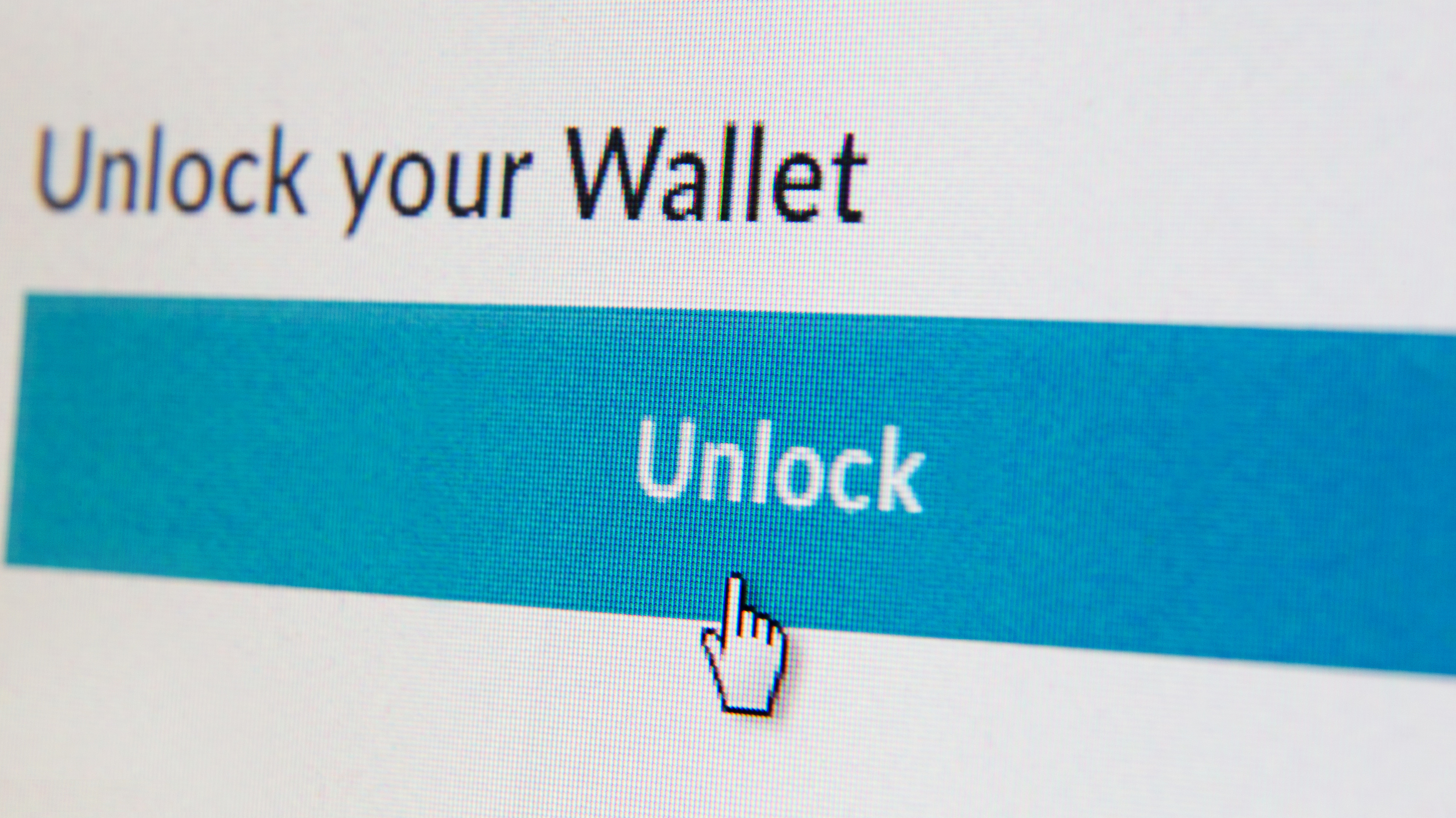In today's digitally connected world, communications from credit unions often extends beyond traditional channels to include text messaging. While this may offer convenience, it also creates a pathway for criminals to commit devious acts. In this blog, we'll explore the prevalence of text scams impersonating credit unions, how to identify them, and crucial steps to take to protect yourself.
The Rise in Fake Text Messages Surfacing
In 2022, roughly $330 million in losses were reported to the Federal Trade Commission’s (FTC) Consumer Network as a result of text scams. Fake texts posing as your credit union are a combination of two deceptions – impersonation and smishing.
Impersonation Scams: Involve criminals posing as trusted individuals or organizations (such as your credit union) in attempt to steal personal information to commit fraud. Criminals pretend to be a representative to gain access to account numbers, online banking passwords, and even Social Security Numbers.
Smishing: Is the act of committing fraud through text messages by mimicking legitimate correspondences, often from banks, credit unions, or government agencies. They’ll often employ tactics called “spoofing” to disguise the phone number so it displays as the organization’s real number.
Often times, a fake text message claiming to be from your credit union will use urgency and fear to prompt you into taking immediate action. Such examples may include communications regarding account suspensions or transaction verifications. While some fake messages are easy to spot because of poor grammar or spelling errors, others can appear seemingly convincing. This is why it’s important to know how to identify the red flags of a fake text message.
Credit Unions Won't Text This - Red Flags of a Fake Text
Some credit unions use text messages for legitimate communications in order to help protect their members’ information, accounts, and to provide other convenient messages.
Here are some examples of what a credit union would NEVER text you.
Threats: Credit unions will never send fearful or threatening messages that your account, credit card, or other banking related information will be in jeopardy if you do not respond, nor will they threaten legal action against you.
Requests for Information: Credit unions will never request account numbers, passwords, or PINs from you.
Suspicious Links: Credit unions will never send you a link and ask you to log in to your account.
Remember, if you receive a text message claiming to be from your credit union asking you for any of the above information, don’t respond or click any links. Contact your credit union immediately using the phone number located on their website.

Protect Yourself from Phony Text Scams - Do This
According to the FTC, phony texts claiming to be from your credit union are one of the most common scams. It’s important to understand how to protect yourself from falling victim of an impersonation scam through text.
Think Before You Click: Avoid clicking on suspicious links or downloading files from unknown senders.
Verify the Sender: Verify the sender's identity by contacting your credit union directly using information on their website.
Don't Share Personal Information: Never disclose sensitive information like account numbers, passwords, or Social Security numbers via text message, regardless of the urgency of the request.
Enable Two-Factor Authentication: Strengthen the security of your accounts by enabling two-factor authentication, which adds an extra layer of protection beyond passwords.
The Real Peach State is Here for You
Neither Peach State nor any of our third-party vendors (i.e., Visa) will ever call, text, or email you asking to disclose account or other personal information. If you believe you were contacted from someone claiming to be from Peach State, please contact us immediately at 855.889.4328, stop by your local branch, or email us at psfcu@peachstatefcu.org.
Remember, when it comes to financial matters, it's always better to err on the side of caution and stay skeptical. By familiarizing yourself with the common signs of a fake text claiming to be from your credit union and adopting proactive measures to verify the legitimacy of messages, you can prevent yourself from falling victim to this scam.




